Restoring Oceans, Restoring Climate
– Speakers –
Conference Home Speakers Program
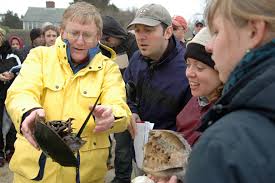
George Buckley is the Assistant Director of Sustainability at Harvard Extension School, with decades of broad experience with oceans and ocean life. He began his career by winning the state science fair in high school with a study of snail teeth. He earned a degree in biology at Suffolk University with further study at Tufts and Boston Universities. He has done extensive research on land snails, freshwater clams, coral reefs, and is an expert scuba diver who has led hundreds of students to study the sea.
He has worked on a series of curriculum programs on coastal ecology, river ecology, the earth sciences, astronomy and science education. He has been a long-time Associate at the Woods Hole Oceanographic Institute, and chief scientist on some two dozen Earthwatch Expeditions. As an activist he was instrumental in the creation of the Massachusetts bottle bill and the stopping a second pilgrim nuclear power plant. In recognition of his ocean work he received the “Diver of the Year Award” and with the award-winning NOVA TV program, “The Sea Behind the Dunes,” began a career in environmental filmmaking. His most recent film, Bonaire Bonanza, produced in collaboration with in collaboration with Dutch filmmaker Edward Snijders, is a success story of good reef management on the Caribbean island of Bonaire; it won the Palme d’Or Award in Marseilles.
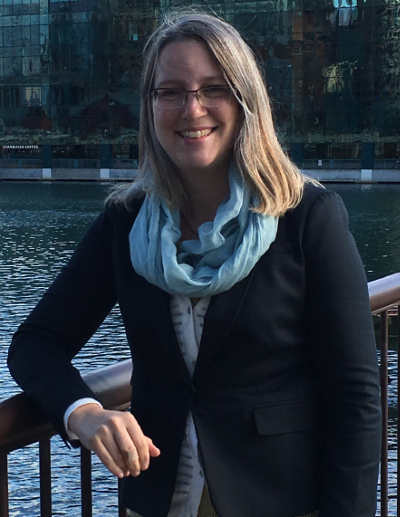
Katharine Deuel coordinates public outreach and grassroots organizing for The Pew Charitable Trusts’ ocean campaigns across New England. She educates about the science and policy of ocean conservation, engaging stakeholders in managing the nation’s marine resources. Recently she helped to ensure the designation of the first marine national monument in the U.S. Atlantic Ocean, protecting 4,913 square miles of home to corals, whales and seabirds. Before joining Pew in 2009, she spent several years at the Monterey Bay Aquarium in California, highlighting the aquarium’s work on ocean conservation and sustainable seafood. She is currently finishing a graduate degree in Sustainability and Environmental Management from Harvard Extension School.
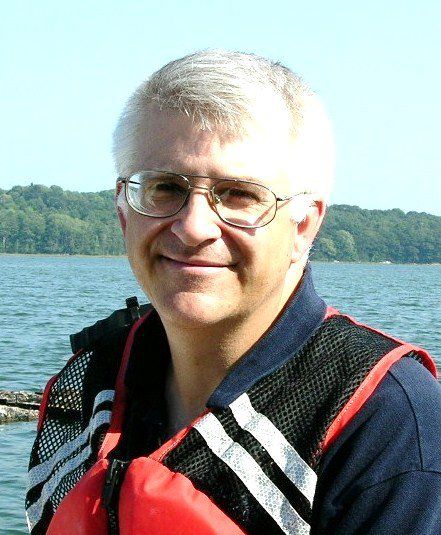
Mick Devin is a two-term state representative in the Maine Legislature. He is also the shellfish hatchery manager at the University of Maine’s Darling Marine Center in Walpole, where he focuses on aquaculture research. He is a Knauss Marine Policy and Henry Toll Fellow. In the legislature he sits on the Marine Resources Committee, where he advocates for all things marine, including commercial fisheries, marine environmental issues and protection of working waterfront. He was the sponsor of the legislation to establish an Ocean Acidification Commission in Maine, the first of its kind on the east coast. He has also sponsored legislation to address sea level change and marine debris.
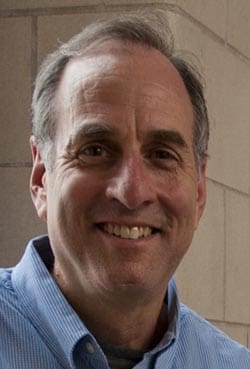
Dan Distel received his B.S. in Biology from Cook College, Rutgers, University and Ph.D. in Marine Biology from Scripps Institution of Oceanography, UCSD. He held postdoctoral appointments at Woods Hole Oceanographic Institute, MA at Scripps Institution of Oceanography, UCSD, and at Harvard University, Cambridge, MA. He held joint appointments, first as Assistant then as Associate Professor, in the School of Marine Science and the Department of Biochemistry, Microbiology and Molecular Biology at the University of Maine, Orono. At present he is the Director of the Ocean Genome Legacy Center of New England Biolabs at Northeastern University and a Professor in the Department of Marine and Environmental Science.
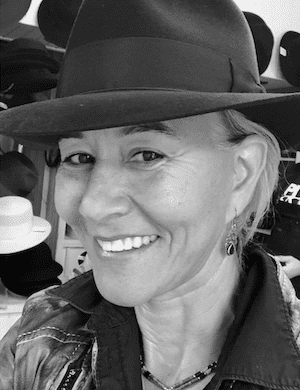
Dr. Anamarija Frankić is a founding director of the Green Harbors Project®, and the Biomimicry LivingLabs®, a research faculty at UMass Boston and University of Zadar, Croatia. She is a Biomimicry, Fulbright and Sea Grant Knauss Fellow. In 2014 she founded Biomimicry New England. Her educational background in biology, ecology, limnology and marine science, guided her interdisciplinary restoration research and management work in coastal, marine and fresh water ecosystems, nationally and internationally.
Her work is about integrating human services with ecological services and functions in our built environments to support resiliency and sustainability. She initiated and established the “LivingLabs” for applied science education and research where students, local communities and businesses are able to “learn and teach by doing” biomimicry, applying nature’s wisdom for a resilient today and tomorrow; her premise is that “the environment sets the limits for sustainable development.”
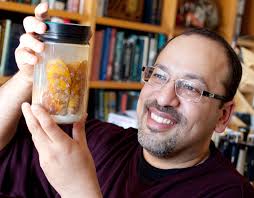
Peter Girguis is a leader in the research of deep oceans, with several scientific dives on the iconic deep-sea submersible, Alvin. His laboratory at Harvard studies the physiology and biochemistry of deep sea microorganisms, with an emphasis on carbon and nitrogen metabolism, to better understand their role in mediating local and global biogeochemical cycles. They also study the physiological relationships (such as nutrient exchange and immune responses) between microbes and animals in deep sea environments.
His research is at the crossroads of microbial ecology, physiology, and biogeochemistry, and as such is highly interdisciplinary. He and his lab have developed novel instruments and samplers that enable them to better study microbial-geochemical relationships. He is also passionate about educating and inspiring young people to learn about oceans and the fascinating life within them.
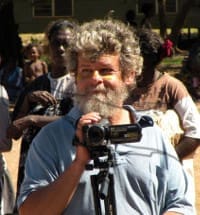
Tom Goreau is an award-winning marine, soils and climate scientist. He is President of the Global Coral Reef Alliance, a coral reef protection non-profit, and has been involved in issues affecting the United Nations, climate change, coral reef, and small island developing states all over the world in many different capacities. He has dived longer and in more coral reefs around the world than any coral scientist and has published around 200 papers in coral reef ecology, climate and other fields. He has pioneered the study of reef preservation, and has participated in several major UN global conferences.
He works with tropical fishing communities to restore coral reefs and fisheries, especially the Kuna Indians of Panama, the only native people of the Americas who have maintained their cultural and political independence. He is a hereditary leader of the Yolngu Dhuwa aboriginal clan of Arnhem Land, Australia, who preserve the world’s oldest creation myth. He was educated in Jamaican schools, at MIT, Caltech, Yale, Woods Hole, and holds a Ph.D. from Harvard in biogeochemistry. He is a trained nuisance crocodile remover who would rather not.
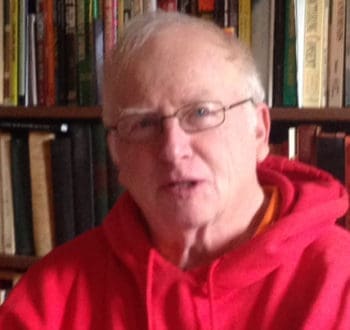
Jim Laurie, Restoration Ecologist, is a biologist from Rice University and a pioneer in biological remediation of waste water. He was the technical manager of the world’s largest “Living Machine” project to clean raw municipal sewage with no toxic chemicals. The facility, through a grant from the EPA, processed 80,000 gallons/day using the “living machine” methodology invented by ecological visionary, and Buckminster Fuller Award recipient, John Todd.
Prior to that, for twenty years Jim was a biologist and trainer in the chemical industry in Houston, TX, where his work with living machines resulted in processing effluent cleaner than possible with conventional technology. Jim has also been a passionate advocate for Holistic Management of grasslands in the past decade. He began studying with Allan Savory twenty years ago in Texas, has spoken about Holistic Management at Harvard, MIT, Tufts, the Stockholm Environment Institute, and at meetings of the Massachusetts Climate Action Network (MCAN) and Northeast Organic Farmers Association (NOFA), and has been instrumental in spreading the message in New England. Jim is also co-founder of a lively and sophisticated Google Group, Soil-Age, and he invites you to join!
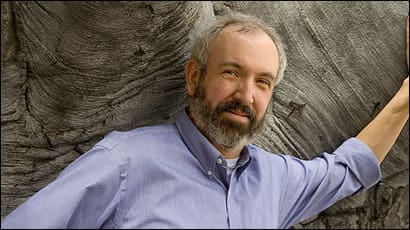
Mark McMenamin is a Professor of Geology at Mt. Holyoke College in South Hadley, Massachusetts. Whether he’s teaching an introductory course on the History of Life or embarking on an archeological expedition, geologist and paleontologist Mark McMenamin maintains a spirit of discovery. In 1994, he introduced the theory that life forms that moved from the sea to the land diversified to a far greater extent than marine life did. Explained in Hypersea: Life on Land, the “hypersea” theory was called one of “seven ideas that could change the world” by Discover magazine.
On other fronts, McMenamin presented groundbreaking evidence that mariners of ancient Carthage made it to America long before Eriksson and Columbus, some time around 350 BC. And in 1997 he edited an annotated edition of The Biosphere, the paradigm-shifting work of Russian scientist Vladimir Vernadsky (1863-1945) who led development of the field of biogeochemistry and the concept that living things are intricately connected to the lithosphere and atmosphere, and have molded planet earth into a blue-green planet over the past 3.5 billion years.
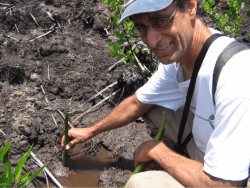
Alfredo Quarto is the Executive Director and Co-Founder of the Mangrove Action Project. He is a veteran campaigner with over 35 years experience working on international environmental and social justice issues. His experiences range over many different countries and several environmental organizations, with a long-term focus on marine ecology, wildlife, forestry and human rights. Alfredo has spoken on mangrove conservation issues at the United Nations, the American Museum of Natural History international meetings and workshops, universities and colleges, high schools and grade schools, churches and other organizations.
A former engineer, in 1980 he left Boeing to work on environmental issues, spending time at Greenpeace (1977-1984), as Project Director for the human rights group, Freedom Fund (1984-1989), and then Executive Director of the Ancient Forest Chautauqua (1990-91) supporting old-growth forests and indigenous forest dwellers. He is also a freelance photojournalist whose published works on mangrove forest/shrimp aquaculture issues have appeared in numerous magazines and books.
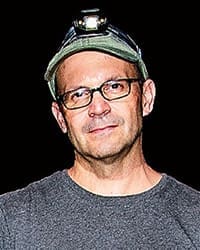
Joe Roman is a conservation biologist, author, and Fellow in the Gund Institute. His broad research interests span endangered species policy, marine mammals, and biodiversity and human health. Joe teaches marine ecology and graduate workshops (ateliers) on emerging problems of conservation interest, such as marine spatial planning and the disease ecology of bats. Joe came to the Gund Institute for Ecological Economics as an Environmental Policy Fellow with the American Association for the Advancement of Science.
He is the author of Listed: Dispatches from America’s Endangered Species Act (Harvard University Press, 2011), the recipient of the 2012 Rachel Carson Environment Book Award, and Whale (Reaktion 2006), a cultural and population history of whales and whaling. His science and nature writing has appeared in The New York Times, New Scientist, Audubon, Conservation, among others. His research has been covered by the Associated Press, National Public Radio, The New Yorker, The New York Times, The Wall Street Journal, The Washington Post, and other outlets. Joe has also completed work related to invasive species genetics and heads a public online forum, Eat the Invaders.
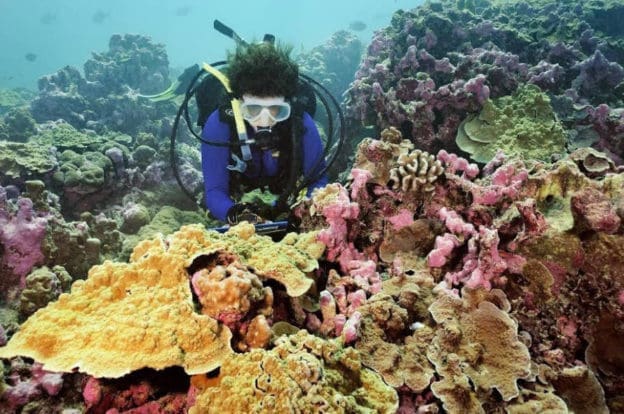
Randi Rotjan is a researcher at the New England Aquarium and professor in Boston University’s Marine Program. She studies coral reefs and climate change in the remote Phoenix Islands, the largest marine protected area in the Pacific Ocean, where she coordinates their science-related mission in her role as Chief Scientist. At Boston University she teaches Coral Reef Dynamics, Ecology, and Marine Urban Ecology. She helps students trace the water impacting the Boston Harbor, with an emphasis on watersheds and rivers from source to sea. Known as “Dr. Mom,” she lives in Medford with her husband and two children, who are rumored to be growing fins.
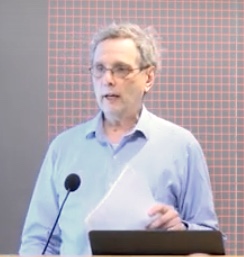
Adam Sacks is the Executive Director of Biodiversity for a Livable Climate. He has had careers in education, holistic medicine, computer technology, politics, and advocacy. A climate activist for the past 16 years, since 2007 he has been studying and writing about the power of biology to reverse global warming and restore the earth. In 2009-10 he published articles in the online magazine, Grist, which described and anticipated today’s climate developments. His primary goal is regeneration of biodiversity and a livable planet for his daughter, grandson, and their 7 billion cousins. Adam’s other interests include art, classical piano, anthropology and the practice of science in the twenty-first century.
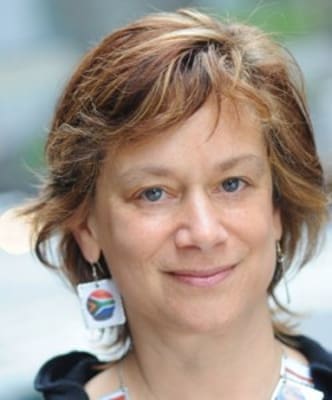
Judith Schwartz is a longtime freelance writer and author of several books. Over the last several years she has written about the juncture of economics and the environment for such publications as Time, Time.com, the Christian Science Monitor, Conservation, and the UKGuardian. She is the author of the ground-breaking book, Cows Save the Planet and Other Improbable Ways of Restoring Soil to Heal the Earth (Chelsea Green Publishing, 2013). Her latest book, just published in July 2016, is Water in Plain Sight: Hope for a Thirsty World. Judith has a B.A. from Brown University, an M.A. in Counseling from Northwestern, and an M.S.J. from the Columbia University Graduate School of Journalism.
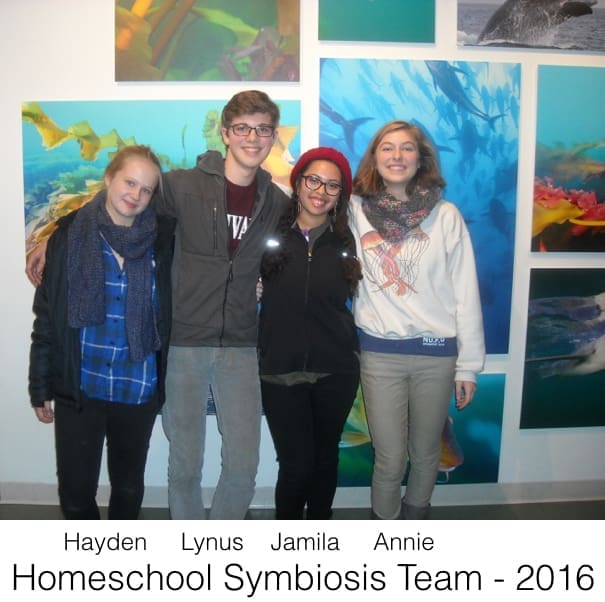
The Homeschool Symbiosis Team:
Hayden Latimer-Ireland is a dancer, singer and actor who somehow got interested in all this cool stuff and is now exploring marine biology and medicine. Lynus Erickson is excited about creating mechanisms to make the world a wetter (and better!) place. Jamila dePeiza-Kern thinks a lot about how we can improve the world is an overall enthusiastic person (especially about Star Trek). Annie Selle is a caretaker of chickens, an environmental advocate and a vegan activist.
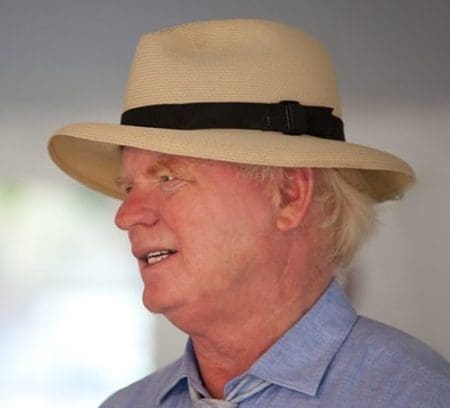
John Todd has been a pioneer in the field of ecological design and engineering for nearly five decades. He is the founder and president of John Todd Ecological Design, and holds degrees covering the fields of agriculture, parasitology, tropical medicine, fisheries and ethology. In addition to new paradigms in an academic setting, he is the founder and president of Ocean Arks International, a non-profit research and education organization and co-founder of New Alchemy Institute, a research center that has done pioneering investigation into organic agriculture, aquaculture and bioshelters.
In 2008 he received the Buckminster Fuller Award for the best idea/concept to help save the planet/humanity. In 2007 he was named one of the top 100 visionaries of the 20th century by “Resurgence & Ecologist” magazine, and in the “Genius Issue” of Esquire he was profiled as one of top 35 figures in “Inventing Modern America.”
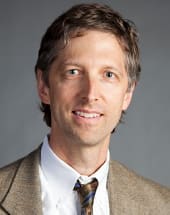
Brian von Herzen is the Executive Director of The Climate Foundation, addressing gigaton-scale carbon balance on land and in the sea. With a Ph.D. in computer science from CalTech he spent several years working for leading high-tech companies. Brian and his partner Becky Truman flew a twin Cessna 337 across the Atlantic several times and observed melt ponds across the Greenland ice cap for glaciologists. From small and difficult to find in 2001 they became 97% of the surface of the ice sheet (1.7 million square km) in 2012. These observations led to the founding of the Climate Foundation in order to find sustainable solutions to carbon balance through a deep understanding of natural processes and how to restore them.
Since then Brian’s work has included restoring global primary productivity, cooling coral reefs, turning human waste biomass into biochar to bring much-needed sanitation to third-world communities, and creating grid-scale energy storage systems. His interest and love of the oceans resulted in his leading the Discovery Channel Project Earth documentary titled “Hungry Oceans.” His work has led to many honors and achievements, including a startup, TinyHerds, to develop non-traditional sustainable protein sources through award-winning automated cricket ranching technology.
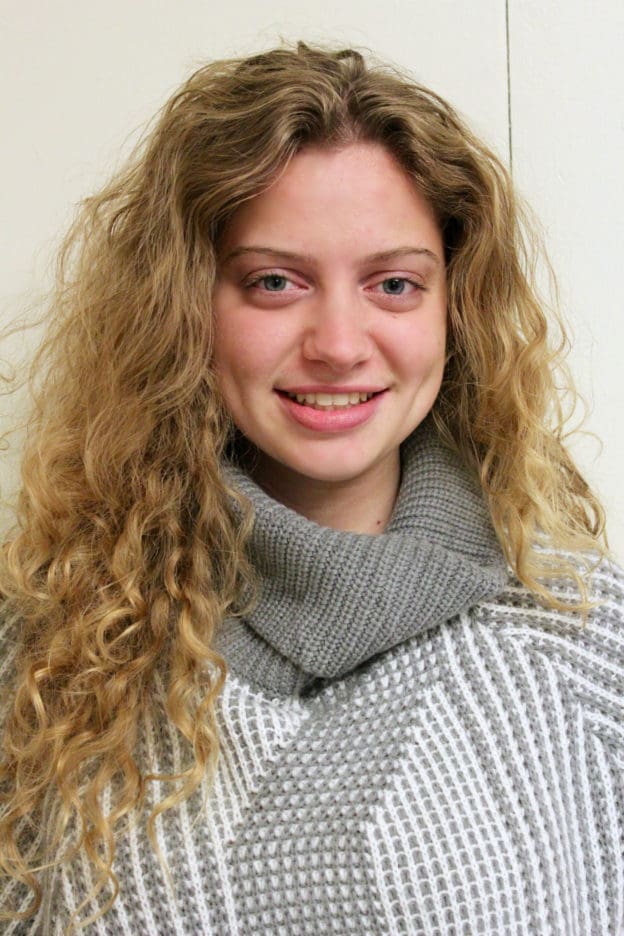
Sarah Zeiberg is a junior at Hamilton College where she is an Environmental Studies and Theatre double major. When not on stage, she enjoys learning about the interaction between governments, people, and environmental issues. Zeiberg has had a lifelong appreciation for the Atlantic, and has recently interned at the New England Aquarium and the Conservation Law Foundation.
